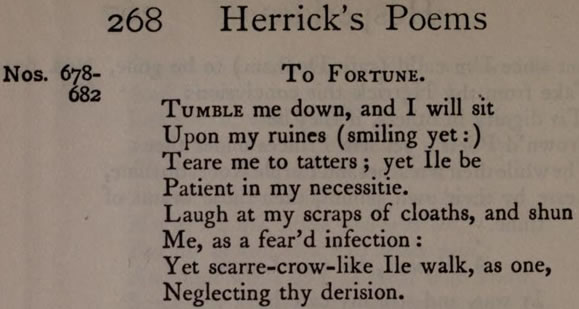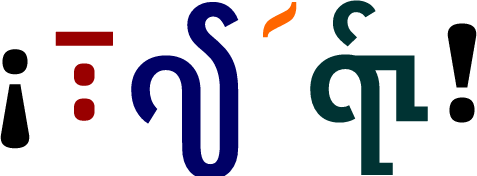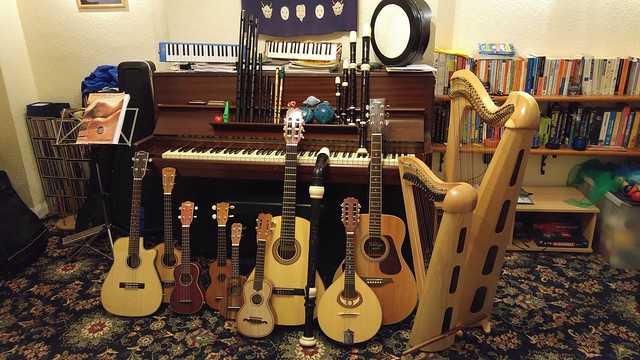Podcast: Play in new window | Download
Today we are looking at the word sky [skaɪ].
Definition:
– the region of the clouds or the upper air; the upper atmosphere of the earth
– the heavens or firmament, appearing as a great arch or vault
– the supernal or celestial heaven
It comes from the Middle English word sky [skiː] (sky, cloud, mist), from the Old Norse ský [ˈskyː] (cloud), from the Proto-Germanic *skiwją [ˈskiw.jɑ̃] (cloud, sky), from the Proto-Indo-European *(s)kewH- (to cover, hide, cloud) [source].
In Old English the word for sky (and heaven) was heofon [ˈhe͜o.von], from the Proto-West Germanic *hebn (sky, heaven), which became heaven in modern English [source].
Related words in other languages include sky [ˈskyˀ] (cloud) in Danish, sky [ʂyː] (cloud) in Norwegian, sky [ɧyː] (sky, cloud) in Swedish, ský [sciː] (cloud) in Icelandic,and skýggj [skʊt͡ʃː] (cloud) in Faroese. A more common word for sky in Swedish is himmel, and cloud is moln [source].
Here’s a video I made of this information:
Video made with Doodly – an easy-to-use animated video creator [affiliate link].
I also write about etymology on the Omniglot Blog. There are more details about words for sky in the post When is the sky not the sky?.






